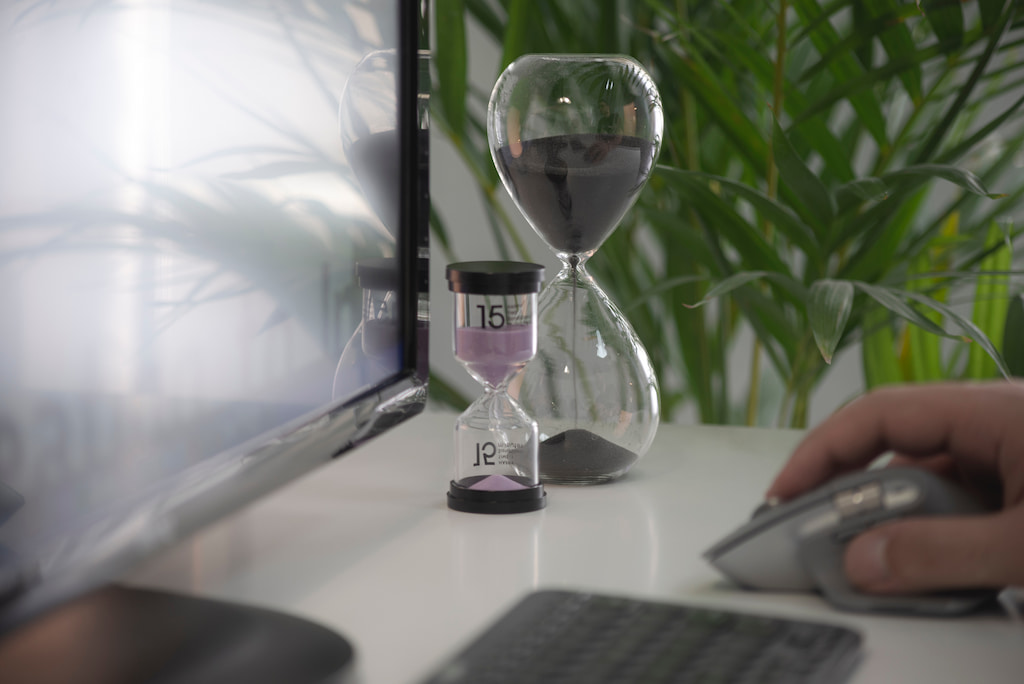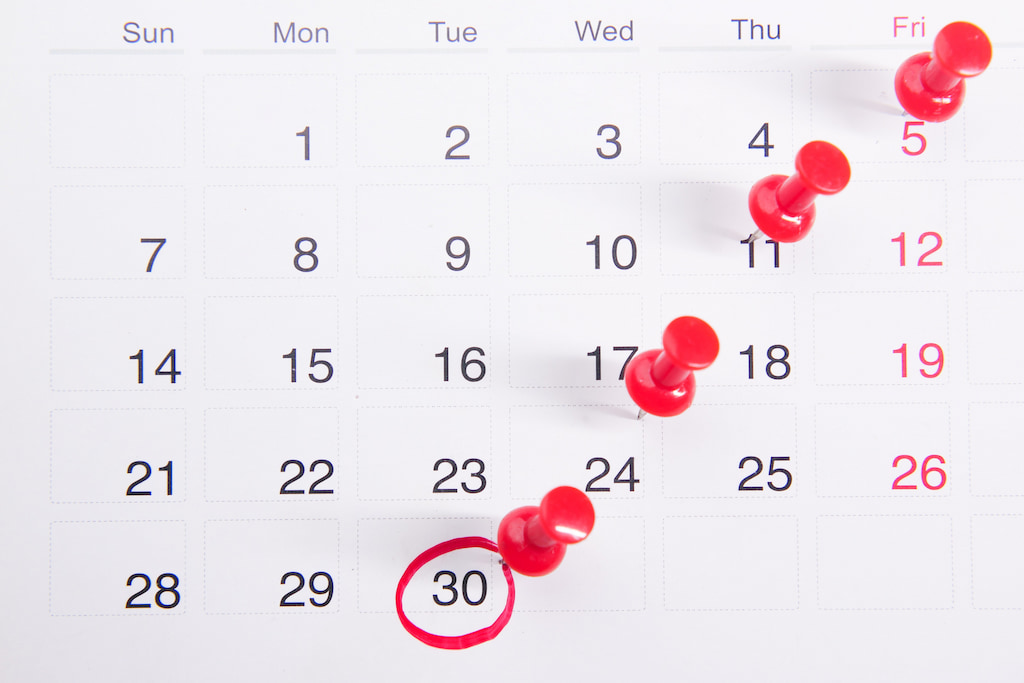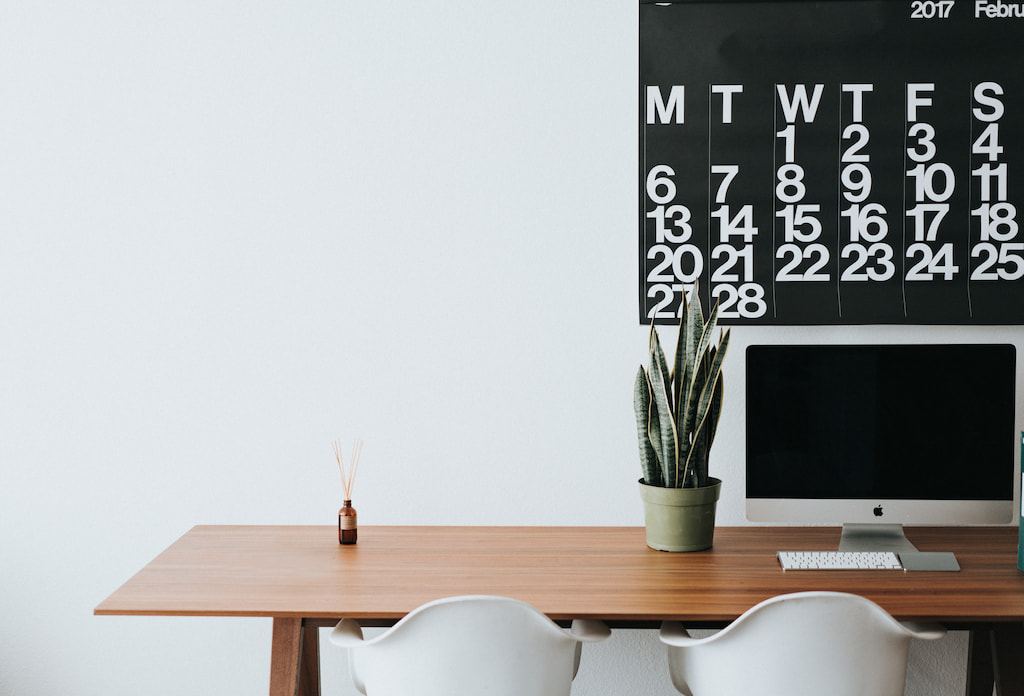How to Stop Procrastinating: A Mindful Guide


Table of contents
Were you procrastinating when you searched for how to stop procrastinating? If so, congratulations, you just found a solution.
When we approach a work-life balance perspective, procrastination might lead to stress, anxiety, depression, fatigue, mistakes, and errors in tasks. As a result, we can end up working longer hours, with decreased productivity, motivation, and quality of work, thus having a hard time maintaining a work-life balance.

Why Do I Procrastinate At Work?
Research shows that procrastination is often linked to lower levels of job performance, job satisfaction, and career development. A study of more than 20,000 individuals showed that high levels of procrastination are related to lower income, shorter durations of employment, and higher levels of unemployment.
It is highly correlated to feelings of anxiety, your perception of self-worth, and how capable you feel of finishing the task.
We can conclude that if we procrastinate over a long time, it can affect our lives negatively, causing time and financial loss for both the employee and the employer. It seems like there are many reasons to stop.
How to stop procrastinating at work?
Once you find the root cause, it becomes easier to figure out the relevant ways to reduce or stop procrastination. Here are some effective ways to help you deal with it.
Relaxing sounds to focus at work
Besides telling you to put your phone away for a while, you can use the power of sound to increase your focus and help you complete some tasks. A steady natural sound can provide the right background to minimize external noise, reduce the speed of anxious thoughts, and diminish distractions.
Here you have 2 hours of natural sounds to help you relax and focus at work. Find more at Meditopia’s app.
Breathing techniques to focus at work
Use the connection between mind and body to push your focus. Breathing exercises are a useful tool to ground yourself in the present moment and get your work done. Here you have a short breathing exercise for free. If you’d like more, remember to download Meditopia and access hundreds of relaxing sounds, original melodies, and breathing exercises.
Start by making tasks and goals crystal clear
Lack of clarity in tasks and goals creates stress and tiredness. Defining what needs to be done by whom and when is a great step to have clarity. You can start by writing down what durations, deadlines, specific resources, and collaborators in tasks would be helpful. This would also enable you to plan your days. Also, having a to-do list would keep you organized and focused.

Transform long-term into short-term
Studies show that people who procrastinate prefer easy-to-accomplish goals and focus on the short term. It’s okay. Sometimes concentrating on large projects and long deadlines can be challenging. Try breaking large tasks into smaller ones. Small tasks might seem easier to accomplish and not overwhelming. Also, putting intermediate deadlines before the actual deadline might motivate you to proceed and help keep track of your progress.

In addition, consider rewarding yourself after completing a task on an intermediate deadline. Instant gratification with small rewards can motivate you to keep completing other ones. Make a contract with yourself like “Once I finish this report, I’ll grab an iced latte.”
Make your work more appealing
We tend to postpone unappealing or less enjoyable tasks. Try to make your tasks more appealing and enjoyable by working with your co-workers, listening to your favorite songs while working, adding scents to your workspace, and taking regular breaks.

Arrange your work environment
Sometimes there might be too many distractions, preventing you from concentrating on your tasks or making decisions. So, you might find yourself procrastinating. Try to eliminate distractions. An organized workspace with minimum visual and auditory stimuli would help you focus. Turning off notifications, blocking social media sites or apps during work hours, putting on headphones to block the noise, and finding a quiet place to work might be helpful.

Practice self-compassion
Research shows that people who aren’t forgiving of their failures procrastinate more. Don’t blame yourself too much. Blaming or harsh inner criticism might consume your energy by occupying or overloading your mind. Instead, self-compassion and being kind to yourself can help you calm down and reduce procrastination. You can apply self-compassion meditations in daily life.
These are simple but effective steps on how to stop procrastinating. Even a small step can help you progress. So let’s take that small step now, not later. The feeling of getting things done is much better than the feeling of “should have done.”
